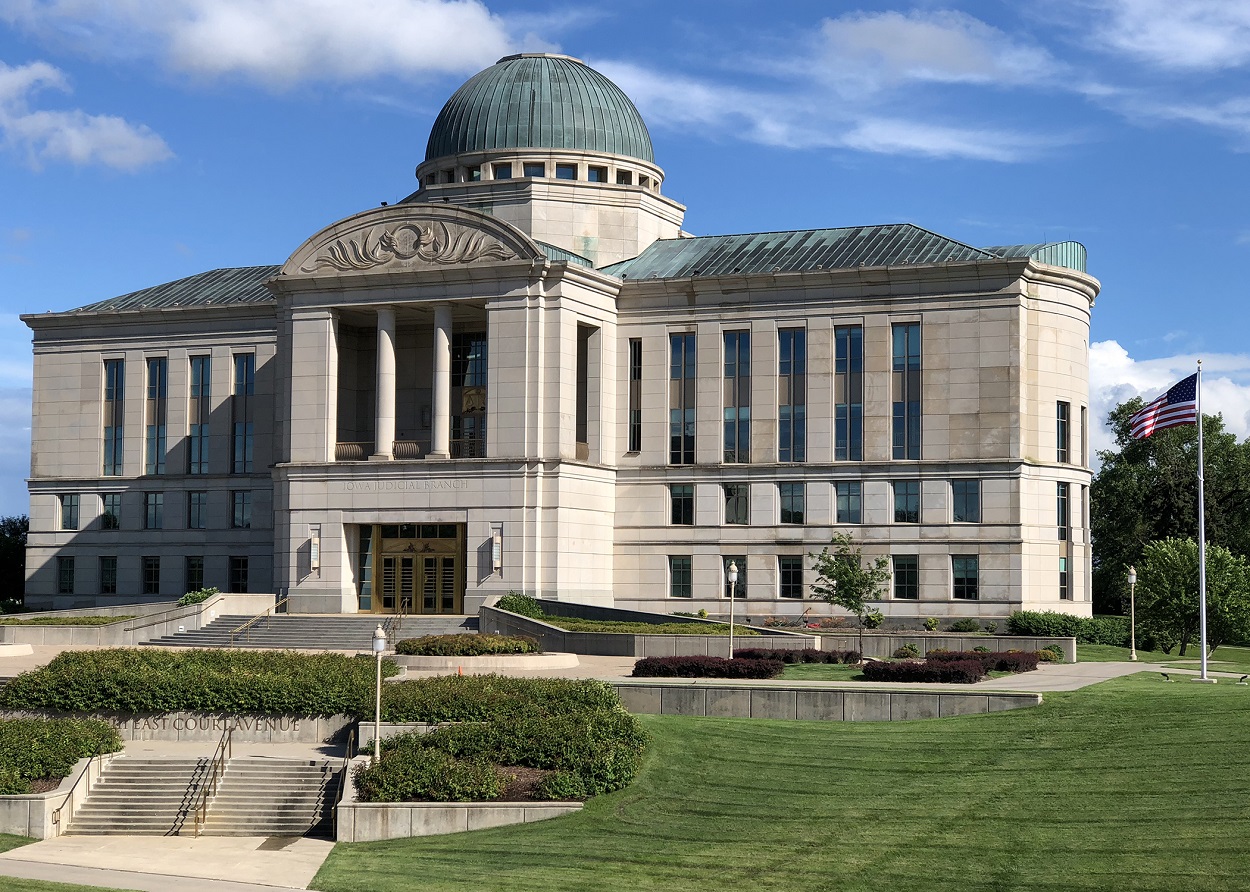UPDATES & ANALYSIS

FEATURED POSTS
Iowa Supreme Court rejects bid to abolish exception to Fourth Amendment warrant requirement
A law enforcement officer making a roadside stop is legally allowed to search a vehicle without a warrant under an “automobile exception” to the protection against unreasonable searches and seizures granted by the Fourth Amendment of the U.S. Constitution and separately under the Iowa Constitution. That exception, recog …
Iowa Supreme Court: Union Pacific Railroad not liable for worker’s suicide
The Union Pacific Railroad Co. is not liable under the Federal Employers’ Liability Act (FELA) for the death of an employee who took his own life from emotional distress caused by his supervisor’ harassment, the Iowa Supreme Court held in a decision handed down April 25.
Kera Morgan, as administrator of her late husb …
Iowa Supreme Court removes judicial magistrate from bench for racially derogatory and ‘demeaning and sophomoric’ statements
The Iowa Supreme Court removed a part-time judicial magistrate from the bench in a unanimous decision issued April 18 for violations of the Iowa Code of Judicial Conduct in making a racially derogatory statement in an open court proceeding and by making a “demeaning and sophomoric” justification in a written order denying an arrest warrant.
Iowa Supreme Court revives suit against Polk County over rezoning decision on Family Leader project
Five individual plaintiffs living near a non-profit group’s proposed office and event center have standing to pursue claims alleging they would be injured by development in what is now an area zoned for agricultural use. The Iowa Supreme Court reached this conclusion in a decision handed down April 4.
EDITORIAL TEAM
ABOUT
On Brief: Iowa’s Appellate Blog is devoted to appellate litigation with a focus on the Iowa Supreme Court, the Iowa Court of Appeals, and the U.S. Court of Appeals for the Eighth Circuit.
